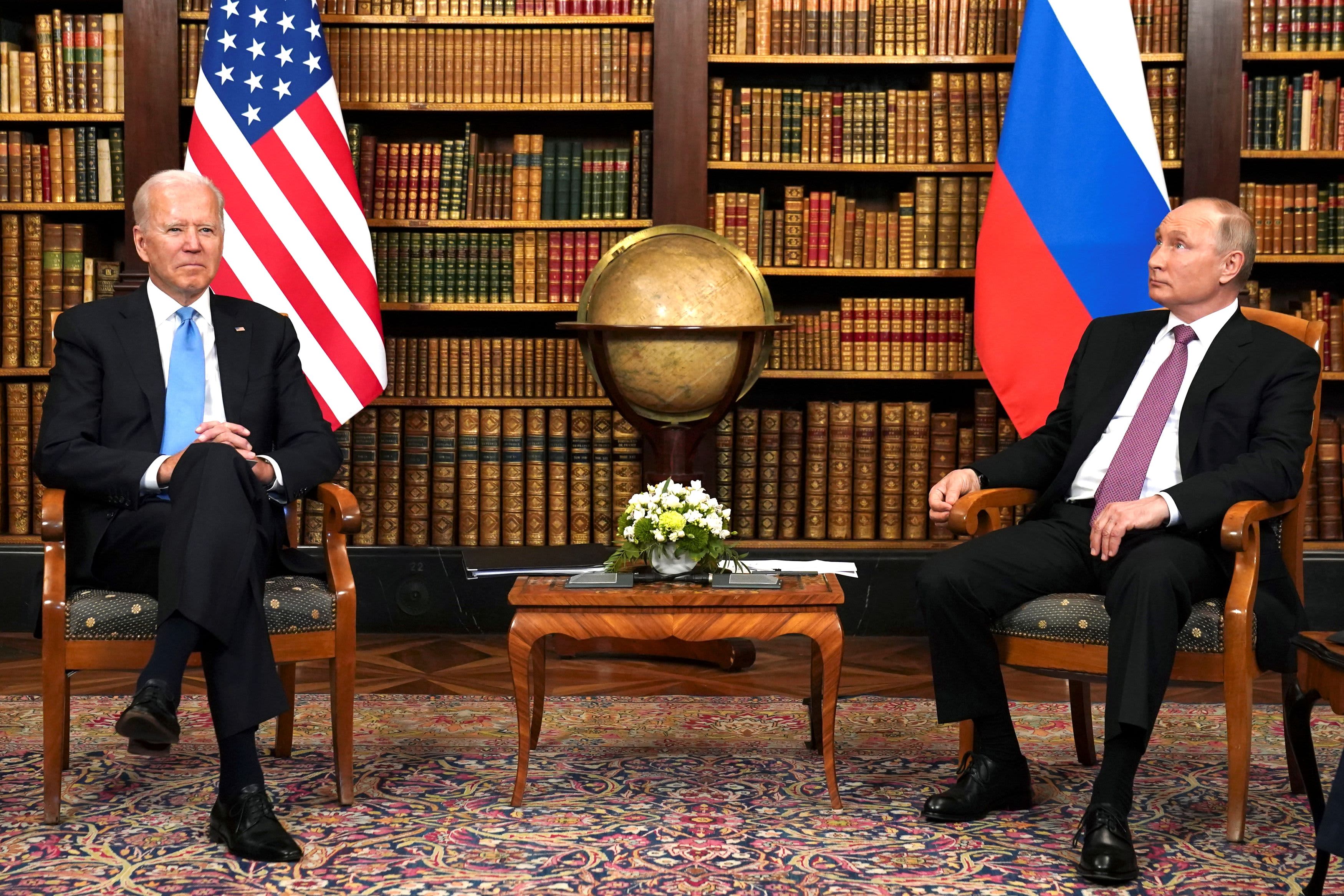Richard Javad Heydarian, Professorial Chairholder in Geopolitics, Polytechnic University of the Philippines
May 03, 2022
South Korea is signaling a dramatic reorientation in its foreign policy, and it could become a key player in an expanded Quad platform.
Leonardo Dinic, Expert in Geopolitics and International Business, the Future of Work, and Emerging Technologies
May 03, 2022
Economic sanctions against Russia have laid bare the limits of Western-controlled financial infrastructure, and may have exposed some misguided preconceptions about how the global economy is evaluated.
Dan Steinbock, Founder, Difference Group
Apr 28, 2022
The Philippine 2022 presidential election is just days away. The highly popular president Duterte is likely to be succeeded by the “Bong Bong” Marcos and Sara Duterte, who will build on his legacies. The opposition’s proxy campaign has failed.
Xiao Bin, Deputy Secretary-general, Center for Shanghai Cooperation Organization Studies, Chinese Association of Social Sciences
Apr 26, 2022
While the United States and its Western allies might wish that China would adopt their position and help to mediate an end to the crisis, China has crafted a stance that conforms to its own interests. It simply doesn’ t have the influence other countries may imagine.
Lucio Blanco Pitlo III, President of Philippine Association for Chinese Studies, and Research Fellow at Asia-Pacific Pathways to Progress Foundation
Apr 22, 2022
Rodrigo Duterte led the Philippines in the last six years with his own brand of populist, oft-criticized leadership. While his successor may not inherit his bombastic attitude, they will have to take over relations with an ever-powerful China and a long festering maritime row.
Brian Wong, Assistant Professor in Philosophy and Fellow at Centre on Contemporary China and the World, HKU and Rhodes Scholar
Apr 22, 2022
The continuing attacks on Ukraine should be a point where global leaders should be able to align on creating a solution - but outside of a vacuum, tense relations and posturing are getting in the way.

Wang Fudong, Assistant Research Fellow, Institute of International Economics and Politics, Shandong Academy of Social Sciences
Apr 20, 2022
As it grows stronger, South Korea naturally wants to play a bigger role in world affairs. But drawing close to the U.S. in all fields to elevate its importance will ultimately constrain its diplomatic space and flexibility.

Sun Chenghao, Fellow, Center for International Security and Strategy of Tsinghua University; Munich Young Leader 2025
Apr 20, 2022
The U.S. is currently attempting to lump China with Russia, but the conflict in Ukraine is not likely to change America’s competitive strategy toward China in the long run. The U.S. will continue to focus on the Indo-Pacific region.
Richard Weitz, Senior Fellow, Hudson Institute
Apr 18, 2022
The Russia-Ukraine War is driving global change in both the economic and security domains. China and the United States will face a different world than existed before the Russian military operation that began on February 24.

Dong Ting, Assistant Professor, Center for International Security and Strategy, Tsinghua University
Apr 11, 2022
Russia’s deep integration in the global energy market is the result of a long and complex interaction of many actors in the value chain. Therefore, so-called moral clarity will require precise, case-by-case analysis of real-world facts. The outcome remains to be seen.
Back to Top

- China-US Focus builds trust and understanding between the U.S. and China through open dialogue among thought leaders.
- Our Offerings
- Topics
- Videos
- Podcasts
- Columnists
- Research Reports
- Focus Digest
- Stay Connected
-
Thanks for signing up!
- Get the latest stories from China-US Focus weekly.